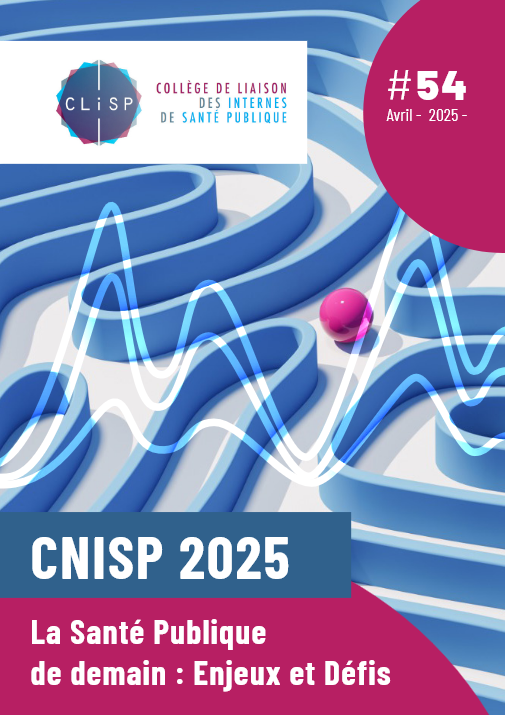Abstract
The postgraduate medical specialist training in Public Health in France has undergone no modification for the past 20 years, whilst the legal framing of the discipline has been redefined and the fields of action of the medical specialist progressively extended in the period. We present the results of a survey conducted by the national medical specialist trainees’ association (CLISP) in 2009 to describe the configuration of the postgraduate medical education in public health in France, the satisfaction level of trainees and the main bearings of their courses.
The survey had two sections: the first one described the configuration of the postgraduate public health medical education programs and was completed by the trainees’ local referee. The second one was sent to all postgraduate public health medical students and aimed to describe their satisfaction level and their courses.
All referees (n = 26), and 173 trainees (70,6%) participated. Our results revealed a heterogeneous configuration of the postgraduate programs both from a national and a regional perspective. The diversity of trainings is little (only one region offered trainings in all the identifiable fields of activity of the medical specialist) and academic courses are underdeveloped (students had no lecture in 8 universities (29,6%) and less than recommended in half of the 18 others).
Notwithstanding this, the overall satisfaction was high (93,6%), as was satisfaction with the trainings (87,9%). Academic courses were on the opposite severely jugged (26,6%).
This survey allowed for the description of the configuration of postgraduate medical training in public health in France in 2009. It has also allowed for the identification of needs for improvement. The high satisfaction level of trainees is possibly related to good supervision in trainings and to the low constraints of postgraduate programs that allow easy adaptation of the courses to individual professional expectations.


